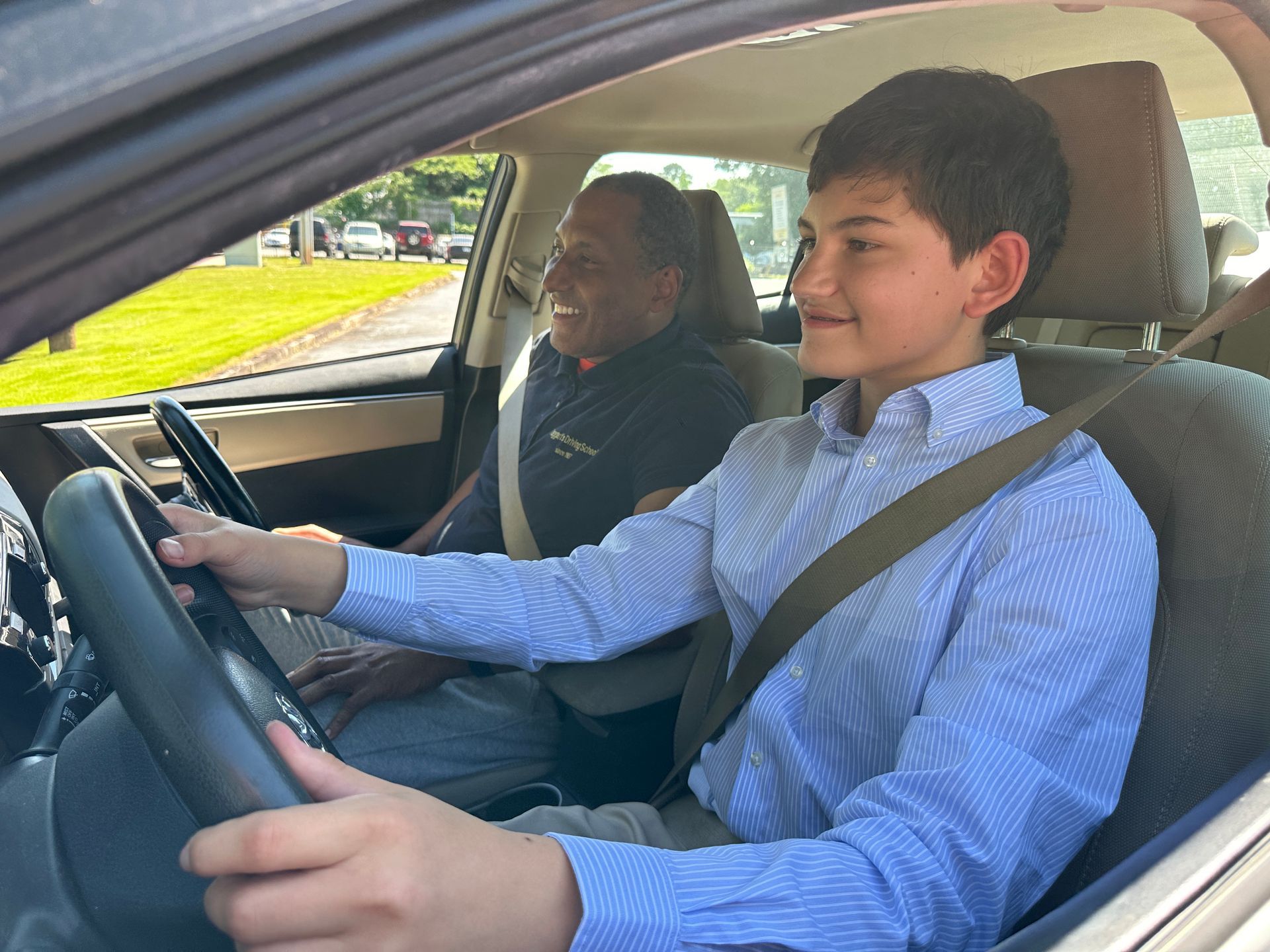Driving school instills knowledge and skills that help people stay safe behind the steering wheel, and there's no wrong time to learn the lessons that these classes teach. There are some key times when driving school classes are particularly helpful, though. If you're going through any of these four situations, driving school will help you stay safe on the road and offer other benefits.
When You First Begin Driving
If you're a new and inexperienced driver, some basic instruction can help you learn how to safely navigate traffic more quickly. In a basic drivers' education class, you can expect to learn the following:
- What traffic signals and road signs mean
- Who has the right of way in different situations
- Why basic vehicle maintenance is important
- How to react in emergency situations
Many programs will also give you experience on the road, which is an invaluable complement to classroom or online coursework.
While you might be able to learn a lot of this from a close family member or friend who has experience behind the wheel, a formal drivers' education program offers two big advantages over informal instruction like this.
First, the curriculum that drivers' education programs use is always up-to-date with all state and federal laws. A family member or friend may be a decent driver, but they don't necessarily know what all of the current traffic laws are. Especially if they learned to drive long ago, some of their information may be outdated or even wrong.
Second, a drivers' education program offers a less stressful way to learn. Informal sessions with a family member or friend can result in arguments and anxiety-inducing situations, especially when parents are teaching teens who sometimes don't want to listen or have a different judgement than their parents. Driving instructors know how to teach in the least stressful way possible.
When You Get a Traffic Ticket
If you ever get a traffic ticket, completing an approved driving school program could help mitigate the negative effects of the ticket. Depending on the severity of your infraction, your past driving record, and the jurisdiction where the ticket was issued, an approved driver's education course might help you:
- Reduce how many points go on your license
- Lower the fine you have to pay
- Dismiss the ticket altogether
Even a marginal effect on points can result in substantial savings, as points often stay on your license for three years and cause your insurance rates to go up. Minimizing how many points are on your license will keep any insurance premium increase in check and ultimately lower how much you pay for insurance while those points are on your license.
Should you get a ticket completely dismissed, it won't go on your driving record at all. This not only will prevent potential insurance premium increases, but it'll also keep your record cleaner in case you have another ticket in the future. Penalties for tickets are sometimes based on your past driving record, so having as clean a record as possible is important.
If you decide to enroll in a driver's education course specifically to address a traffic ticket, ask the court where you must plea for a list of approved programs.
When You Want to Lower Your Auto Insurance Premiums
Even if you don't have a traffic ticket that adds points to your license, completing an approved driving school program could still help lower your auto insurance premiums. You'll need to contact your insurer to find out what courses are approved and what sort of discount completion entitles you to.
In many cases, discounts for completion of a driver's education course can result in 10 to 20 percent off of your auto insurance premiums.
If you're in search of a
driving school program, contact Taggart's Driving School.











